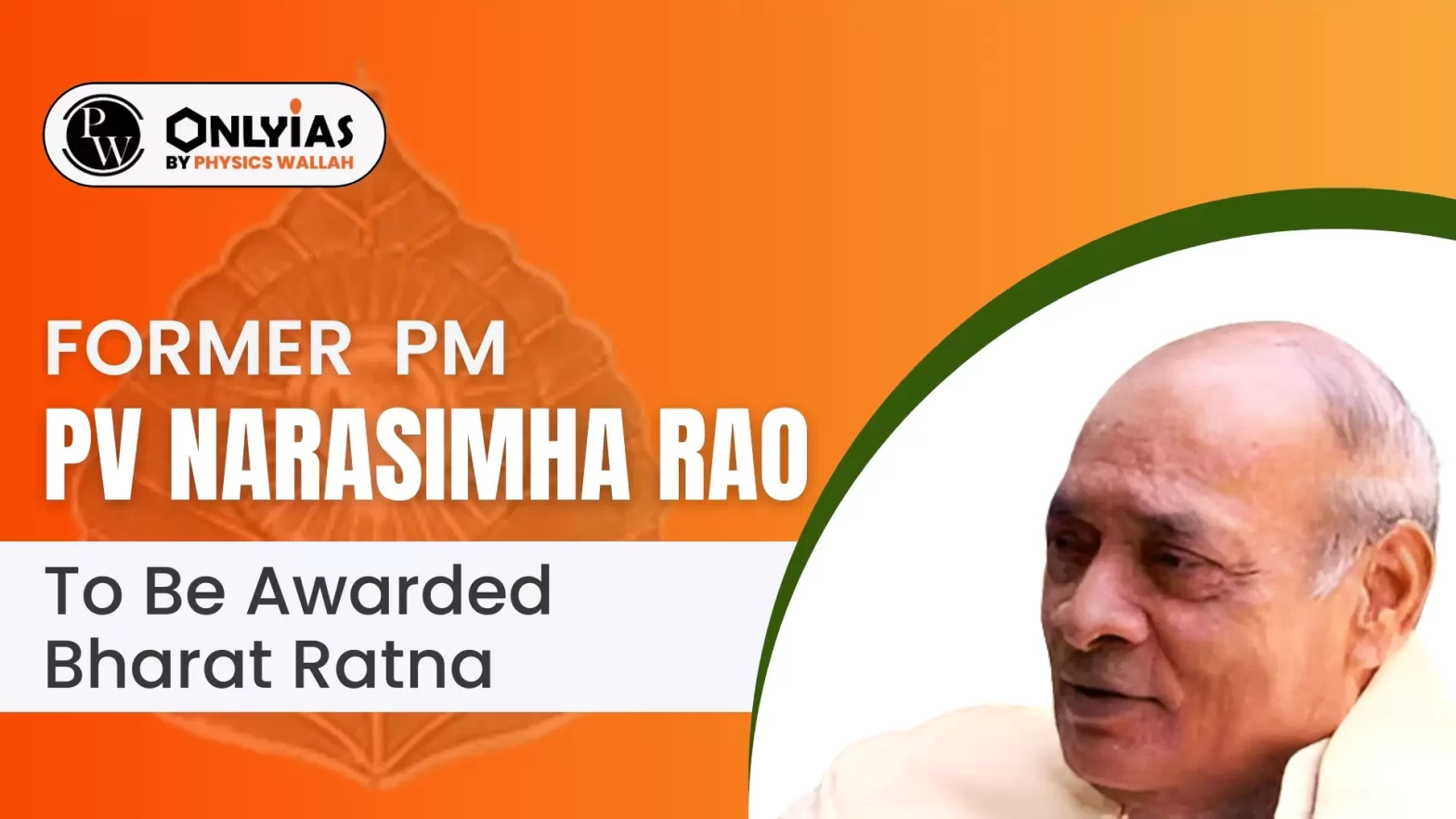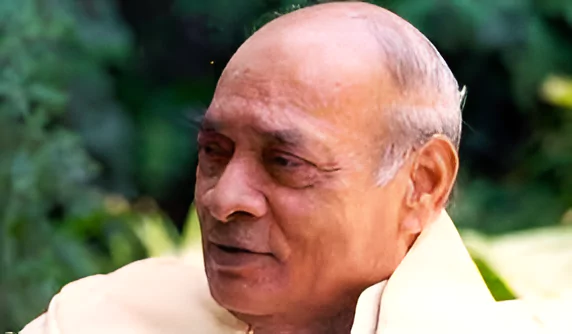![]() 10 Feb 2024
10 Feb 2024

This editorial is based on the news “Mandal, Mandir, and now Market” which was published in the Hindu. Recently, the Bharat Ratna, India’s highest civilian award, was conferred on former Prime Minister PV Narasimha Rao. This article highlights his significance for India.
| Relevancy for Prelims: PV Narasimha Rao, Bharat Ratna Awards 2024, NCBC, and Ayodhya Ram Mandir.
Relevancy for Mains: Former Indian Prime Minister PV Narasimha Rao- His Contributions. |
|---|

| Mains Question: To what extent PV Narsimha Rao can be considered the architect of modern India, and what were the key challenges and consequences of his reforms brought by him? (15 marks, 250 words) |
|---|
| Must Read | |
| NCERT Notes For UPSC | UPSC Daily Current Affairs |
| UPSC Blogs | UPSC Daily Editorials |
| Daily Current Affairs Quiz | Daily Main Answer Writing |
| UPSC Mains Previous Year Papers | UPSC Test Series 2024 |

<div class="new-fform">
</div>